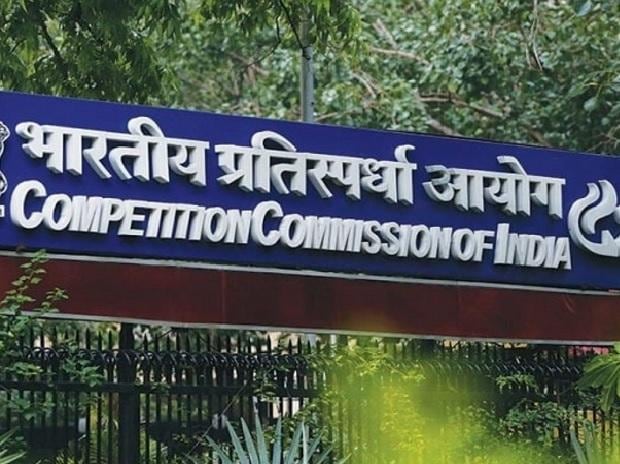Google Play Store Policies: CCI Files Caveat Before Supreme Court

The Competition Commission of India (CCI) on Friday filed a caveat before Supreme Court to avert any relief to Google without informing the regulator, acting a day after the top court refused to grant an interim stay to the technology giant in a case related to Android devices.
The CCI’s caveat relates to its separate order that on October 25 imposed a fine of Rs 936.44 crore on Google for abusing its dominant position through its Play Store policies. Google had moved the National Company Law Appellate Tribunal (NCLAT) against this order.
A caveat asks a court that certain actions should not be taken without informing the person (in this case CCI) who gave the notice.
The NCLAT, on January 11, refused to stay the CCI order and asked Google to "cease and desist" from abusive Playstore practices.
A two-member NCLAT Bench said Google’s appeal against the CCI order is subject to the tech giant depositing 10 per cent of the penalty imposed by the competition regulator. “Penalty to be deposited with the Registrar in four weeks. The matter is listed for a final hearing on April 17. No interim order," NCLAT said.
Google parent Alphabet’s lawyer Harish Salve had argued before the NCLAT that CCI’s order cites various examples of abuse by the tech giant without discussing their adverse effect on competition. “This goes against the Competition Act and case laws,” he said.
If Google complies with the CCI order it would have to make deep changes in its policies (Play Store and third parties) and it may suffer loss of revenue, Salve added.
Advocates Samar Bansal with Manu Chaturvedi, who argued for CCI, said that Google has admitted that it is implementing similar directions as contained in the regulator’s order in other jurisdictions such as Europe. “However, in India, Google/Alphabet has chosen to appeal and press for a stay of such directions which show discriminatory conduct of Google between India and other jurisdictions,” they said.
Play Store requires all app developers on the platform to only use Google Play’s Billing System (GPBS) to charge their customers. GPBS is also mandatory for in-app purchases.
After Google started charging a 30 percent commission in 2020 for Play Store transactions, some App developers complained to the CCI.
Stablecoin The Future Of Currency?
The payments system is undergoing a quiet but consequential shift. What was once the exclusive preserve of central banks... Read more
BoE Loosens Capital Rules
The Bank of England has taken a significant step towards easing post-crisis regulation by lowering its estimate of the c... Read more
Monzo Looks For US Banking License
Monzo is preparing a renewed push to secure a US banking licence, four years after abandoning its first attempt when tal... Read more
Crypto Firms Push Into US Banking
America’s cryptocurrency companies are scrambling to secure a foothold in the country’s traditional banking system, ... Read more
Parallel Banking: Stablecoins Are Now Global
Parallel Banking: How Stablecoins Are Building a New Global Payments SystemStablecoins—digital currencies pegged to tr... Read more
JPMorgan Deploys AI Chatbot To Revolutionize Research And Productivity
JPMorgan has deployed an AI-based research analyst chatbot to enhance productivity among its workforce, with approximate... Read more

